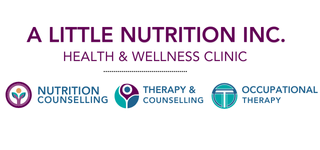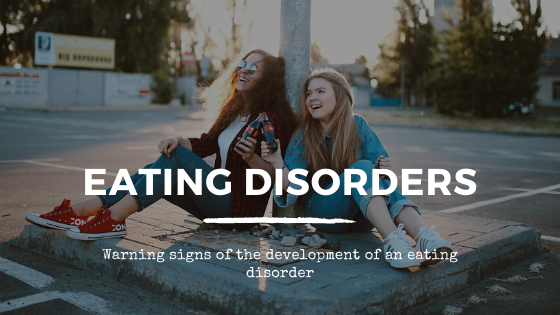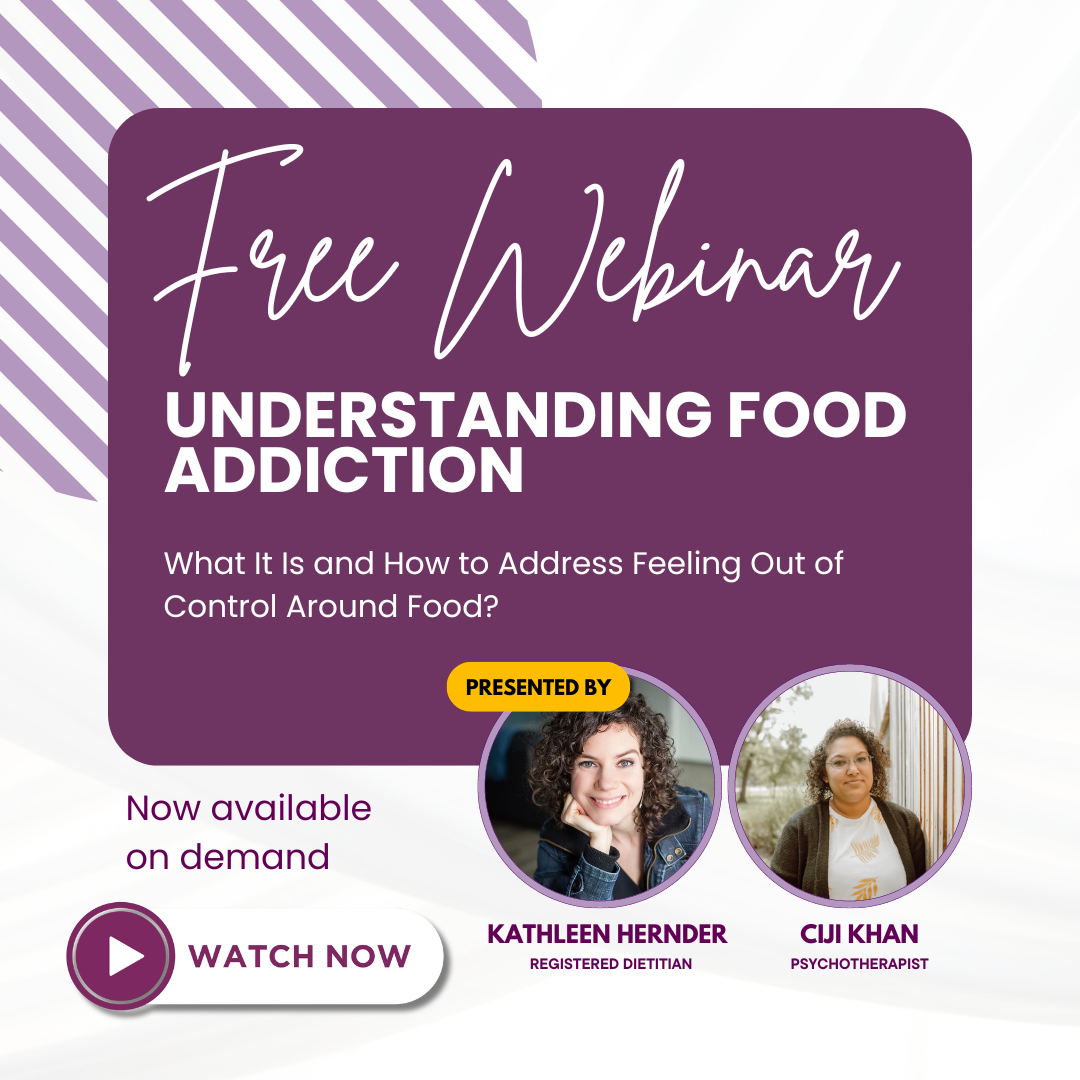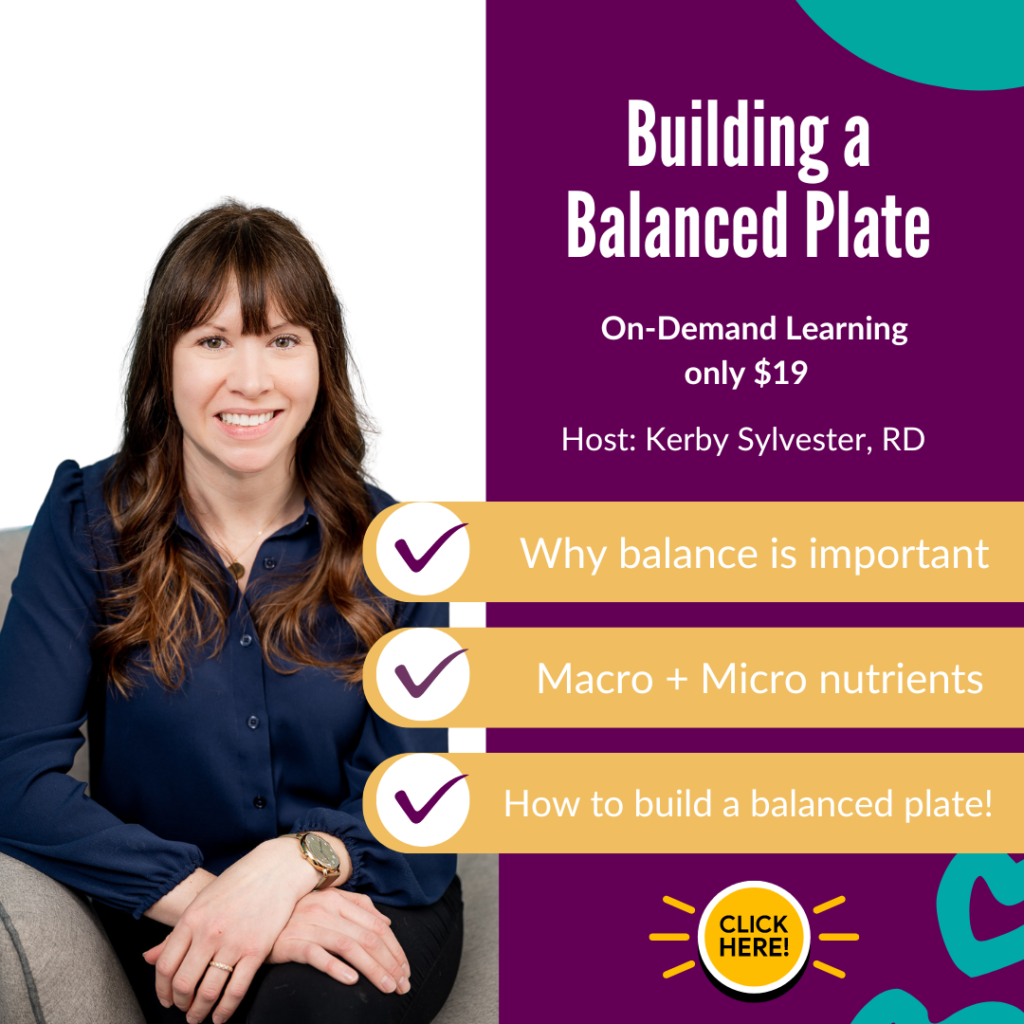Susan Watson, our Winnipeg-based eating disorder dietitian, was interviewed on Winnipeg Global Morning news on “Warning signs of the development of an eating disorder.”
Firstly, an eating disorder is more than just about food and can have a major medical and psychological impact. Eating disorders are a type of mental illness that involves unhealthy thoughts and behaviours towards food, weight, and one’s body shape. Disordered eating comes in many different forms and are a complex interaction of genetic, biological, psychological, and social factors. Eating disorders commonly co-occur with anxiety disorders.
Even though an eating disorder usually appears during adolescence or young adulthood. However, eating disorders can also develop during early childhood or later in adulthood.
The most well-known types of eating disorders are anorexia, bulimia, and binge-eating disorder.
Anorexia nervosa is where one is concerned or afraid of gaining weight or maybe preoccupied with trying to lose weight and achieve thinness. People with anorexia will intentionally restrict their eating or not even eat at all. This disease has the highest mortality rate of all mental health disorders.
Bulimia impacts how one feels about their body, related to how they eat. Therefore someone living with bulimia will experience overeating episodes or binges and then would proceed to purge the food by either vomiting, over-exercising or using laxatives to prevent absorbing calories and weight gain.
Binge-eating disorder impacts one’s eating based on feelings and emotions. Those that struggle with binge-eating disorder eat a large amount of food in a short time. They report experiences of frequent episodes of out-of-control eating. But, they do not purge their bodies of excess calories.
What triggers eating disorders in teenagers?
There are many factors that can contribute to your loved one developing an eating disorder. Some examples are:
- Going on a diet as a teen puts them at risk for compromises in their growth, nutrition and general health.
- Social pressure
- Bullying
- Social media
- Puberty
- Sports
- Stress
- Genetics
- Low self-esteem
- Anxiety
- Personal matters
- A breakup
What are the warning signs of an eating disorder?
If you are a concerned parent, there are a few things you should be on the lookout for with your teen and try to seek help earlier on. Teens are especially at risk, and early intervention is key. If you notice some of these behaviours, make sure to seek help from a trained professional.
- Goes on a diet or starts reading diet books
- Starts restricting or skipping meals
- Makes a sudden decision to become a vegan or vegetarian or cut out entire food groups
- Becomes increasing picky about eating, especially with only eating healthy food
- May take multiple showers a day or may visit the bathroom, especially right after eating, as they may purging.
- Has eating rituals
- Engaging in excessive exercise
- Is eating in secret, or you notice large amounts of food may disappear over short periods of time?
Help your loved one take the brave step toward recovery
- People under the age of 18 can seek treatment through the Child and Adolescent Eating Disorder Program at Health Sciences Centre
- Women’s health center offers education workshops for people over the age of 16 who want to have a more peaceful relationship with food and their body.
- Privately, it is recommended to work with a skilled registered dietitian who is trained in working with people who have an eating disorder and a therapist to help your loved one come to recovery.
To book an appointment with our eating disorder dietitian, Susan Watson or call to speak with Susan to see if working with an eating disorder dietitian would be a good fit for you and your loved one.
- To book an appointment with one of our Registered Dietitians or therapists, you can:
- Phone: 204-515-7466
- Email: admin@alittlenutrition.com
- Book online: https://alittlenutrition.janeapp.com







